Two senior executives of Kenya’s CQC Impact Investors, Kenneth Newcombe and Tridip Goswami, have been charged in a United State (US) court for fraudulently obtaining more than US$100 million through manipulated carbon credit data from cookstove projects in Malawi, Zambia, and Angola.
The carbon credits were derived from projects aimed at reducing greenhouse gas emissions by replacing traditional open fires in rural areas with improved cookstoves, as reported by Kenya’s Fintech Association.
These stoves were designed to lower emissions, contributing to global efforts against climate change.
However, CQC, which operated in Kenya through a partnership with Mwangaza Light, sold fraudulent carbon credits on the global carbon market, misleading companies seeking to offset their emissions.
The fraudulent scheme was tied to the voluntary carbon markets (VCMs), where companies voluntarily purchase carbon credits to offset their emissions, as opposed to compliance markets regulated by governments.
CQC’s aggressive expansion, led by Newcombe’s ambitious targets, resulted in poorly executed projects.
This included installing stoves in unsuitable locations and, in some cases, failing to install them at all.
These failures undermined the legitimacy of the carbon credits, which were meant to reflect real reductions in greenhouse gas emissions.
The case had sparked concerns over the reliability of carbon credits generated from such projects, especially as carbon markets play an increasing role in global emission reduction strategies.
This fraud scandal comes at a critical time for Kenya, which was actively engaged in the voluntary carbon market.
In 2022, the country sold US$13.79 million worth of carbon credits to Saudi Arabian firms.
The case may cast doubt on the integrity of Kenya’s carbon offset projects and could invite further scrutiny of the country’s involvement in the global carbon market.
Additionally, the case has raised questions about the effectiveness of cookstove projects in reducing emissions.
A recent study published in Nature revealed that some certified cookstove carbon credits fail to deliver the emission reductions they claim.
WARNING! All rights reserved. This material, and other digital content on this website, may not be reproduced, published, broadcast, rewritten or redistributed in whole or in part without prior express permission from ZAMBIA MONITOR.


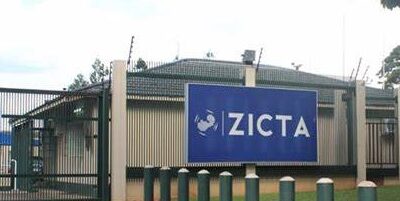
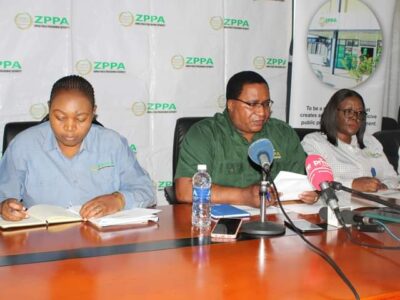
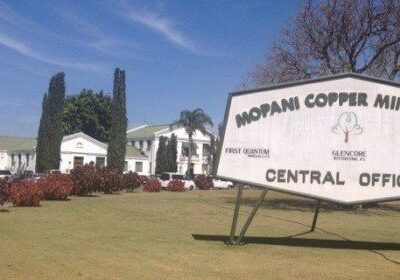
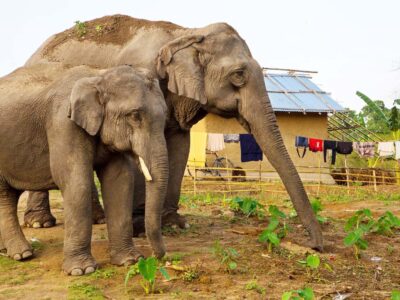
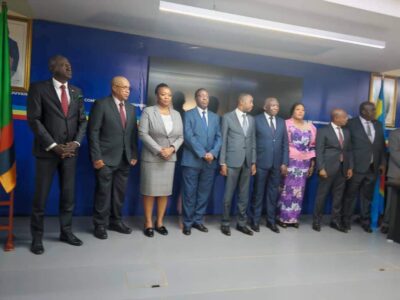
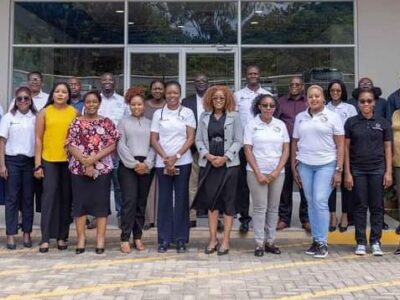




Comments